Many endurance athletes begin or continue their training journey as a support to their mental health. I hear frequently from athletes about their use of sport in getting through the most difficult times. I love hearing these stories because sport means so much more than just being physically fit. It can completely transform our lives, and make us into the person we want to be.
I’m not here to tell you that training cannot be a coping strategy at all. We need the endorphin boost to help us get through challenging times. What I do encourage is to have an arsenal of coping strategies outside of your regular training regime.
Things don’t always go as planned – injuries, bad races, disappointing results – and our sport can quickly become the enemy. We may not get the same enjoyment from continued training, or we may even need to take a break. Now we aren’t getting that same satisfaction, and we have a lot of pent-up energy (both physical and emotional) and no way to deal with it.
So what can you do instead?
Recreation activities are often used to help us cope with challenges in our lives. Recreation (which includes anything that we choose to do for enjoyment in our free time) can be used in two ways:
To distract our attention
To release emotions
Sport is typically used as a distraction. We put our focus onto our training session and can ignore whatever stressors are going on around us. For an hour or two, nothing else matters. This is incredibly important in dealing with stress, because it prevents us from overthinking, and often provides us more clarity later.
The trouble is, we often spend too much time doing activities that distract our minds and avoid actually dealing with the emotion around the situation. This is where our other coping strategies come into play. We need to be able to have activities that help us to process emotion so that we can move forward and reduce the overall impact of the stress on our lives.
Here are 3 ideas to get you started in finding activities to release emotions:
Journalling – free writing helps us to uncover subconscious thoughts that can help us in processing our emotions. Try writing without stopping to edit or think for 10 minutes.
Mindfulness Meditation – being able to recognize emotion in our bodies, and recognize that we are not our emotions is key in moving forward. Try practicing a body scan type meditation regularly to become more aware of changing sensations in your body.
Yoga – although often considered for flexibility and strength, yoga can help us to release pent-up emotion through specific movement. Try classes with titles such as “yoga for hips” or “yoga for stress management”
If we have learned anything through this pandemic, it’s that things can change very quickly, and we have to be ready to adapt. The key is to practice coping strategies in advance, so that when things go sideways, we already have things in place, and aren’t adding more stress by trying to figure out a new plan.
A health coach can help you to manage your daily stressors and get you performing at your best. Find out if you have what it takes to take your performance to the next level by scheduling a free consultation.
Click on the button below to schedule your free consultation to see if you have what it takes to work with a health coach, and take your training, racing, and life to the next level.


Recent Comments